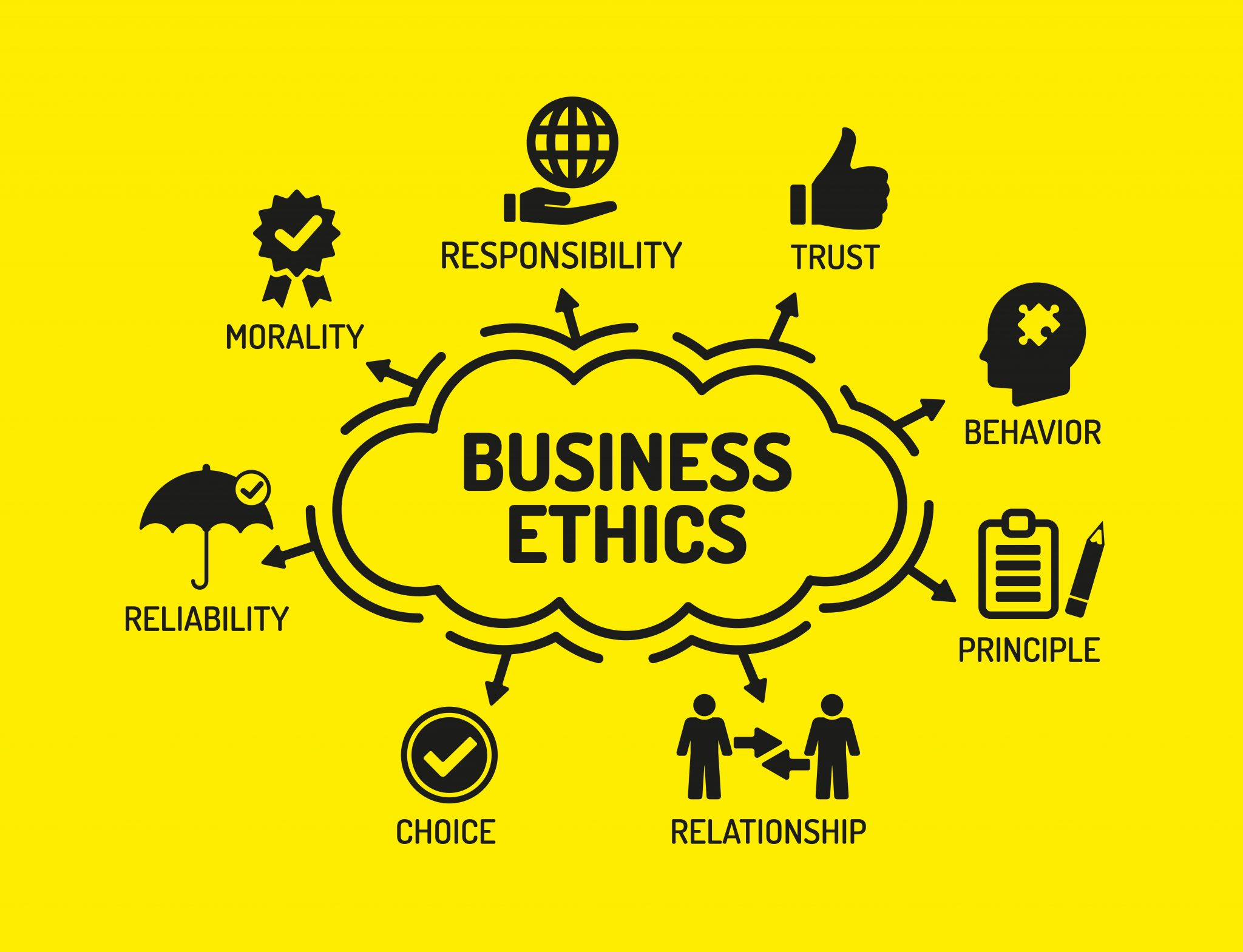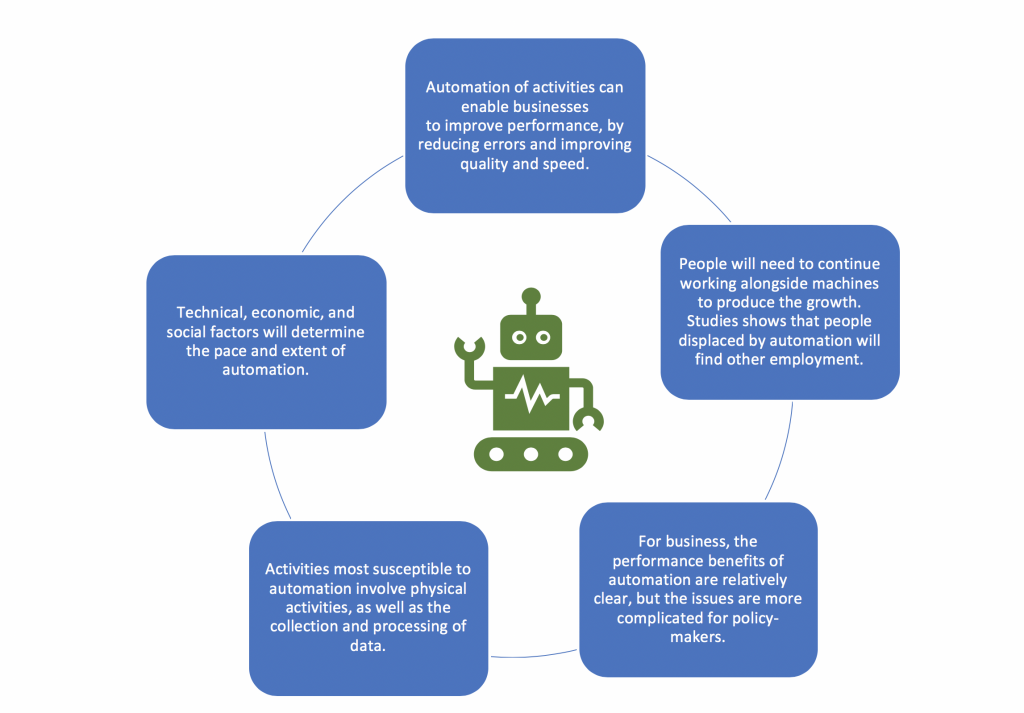Business ethics have become an essential cornerstone in today’s corporate landscape, shaping the way organizations navigate complex ethical challenges and fostering an environment of ethical decision-making. In an era marked by high-profile scandals like those involving Sam Bankman-Fried and Elizabeth Holmes, it’s crucial for business leaders to adhere to stringent ethical standards. Confronted with multifaceted dilemmas, executives must employ robust decision-making strategies that prioritize integrity and accountability. Managerial ethics require a nuanced understanding of the stakes involved, helping leaders to evaluate their responsibilities toward stakeholders while balancing profitability with ethical imperatives. As the dynamic nature of global markets evolves, embracing strong business leadership grounded in ethical principles is not just advisable but necessary for sustainable success.
Ethical considerations in the corporate sphere encompass a myriad of standards and principles that guide individuals and organizations alike in making informed choices. Terms such as corporate responsibility, moral conduct, and integrity in business practices resonate strongly in discussions around ethical leadership. In a world where the lines between right and wrong can often blur, effective strategies for resolving ethical dilemmas become paramount. Understanding the implications of managerial decisions extends beyond compliance, urging leaders to reflect on the societal impact of their actions. Ultimately, the journey toward ethical business conduct is not merely about legal compliance but about fostering a culture that values ethical reflection and accountability.
Understanding Business Ethics in Today’s Environment
Business ethics has evolved significantly over the past few decades, transitioning from a strict moral philosophy focused primarily on theoretical concepts to a more nuanced understanding that incorporates practical and contextual elements. Modern decision-makers must now navigate a complex landscape filled with ethical challenges that are not always black and white. Executives today are more likely to find themselves in situations where they must consider a multitude of factors, including the interests of various stakeholders, legal obligations, and the broader social implications of their decisions. This change in perspective emphasizes the importance of business ethics as a foundational component of effective business leadership.
As organizations become entangled in intricate relationships with various external groups, the definition of business ethics expands to include a broader array of questions regarding accountability and responsibility. The rise of technology, particularly artificial intelligence, introduces new ethical dilemmas and necessitates a commitment to ethical decision-making strategies that prioritize transparency and stakeholder trust. In this context, managers are not only responsible for fostering a culture of ethical awareness within their teams but also for critically analyzing how their decisions impact the wider community. Thus, the landscape of business ethics today demands that leaders remain vigilant and adaptable in their approach to ethical challenges.
The Role of Ethical Decision Making in Business Leadership
Ethical decision-making is crucial for effective business leadership, especially under pressure. Leaders frequently encounter situations that test their values and ethical standards, resulting in decisions that can significantly impact their organizations and stakeholders. By honing ethical decision-making skills, leaders can navigate these complicated dilemmas more effectively. They can implement decision-making strategies that encompass thorough analysis, stakeholder considerations, and ethical implications, ultimately leading to more responsible outcomes. Leaders who prioritize ethical decision-making not only mitigate risks but also enhance their organization’s reputation and foster a culture of trust.
Moreover, understanding ethical decision-making as a process rather than a singular event can help leaders more effectively address gray areas in their judgments. Ethical challenges often arise in complex situations where the right course of action is not readily apparent, requiring leaders to engage in reflective practices and seek diverse perspectives. By incorporating these practices, business leaders can engage their teams in open discussions, facilitating a healthier decision-making environment. This cultivates a workplace atmosphere where ethical considerations are consistently evaluated, reinforcing the organization’s commitment to integrity in all its operational aspects.
Navigating Ethical Challenges in Business Settings—Best Practices for Managers and Executives
The complexity of ethical challenges in today’s business landscape requires that managers and executives implement a systematic approach to decision-making. They should recognize the importance of gathering insights from various stakeholders, weighing the implications of their decisions, and contemplating the long-term effects on their organization’s reputation. Managers must not only be aware of the legal ramifications of their choices but also the moral implications attached to them. This duality is essential for fostering a sustainable business environment. They need to be prepared to adapt their decision-making strategies based on changing circumstances and remain transparent in their processes to maintain trust with their teams and the public.
In addition to transparency, managers can develop effective decision-making frameworks by embracing collaboration. Engaging with peers and team members can provide diverse perspectives that illuminate hidden biases and assumptions. Furthermore, creating open forums for dialogue allows organizations to regularly assess their ethical standards and adjust their strategies as necessary. This proactive approach fosters a culture of ethical awareness and continuous improvement, ensuring that ethical decision-making becomes a core value within the organization.
Implementing Decision-Making Strategies for Ethical Leadership
The art of decision-making in business is often fraught with challenges and uncertainty, particularly in ethical situations. Leaders must be equipped with effective decision-making strategies that can navigate the complexities and gray areas often encountered in the field. First, leaders should engage in reflective practices, such as reviewing past decisions and the outcomes associated with them. This reflection can inform future choices and help to identify potential biases that may cloud judgment. Acknowledging one’s own cognitive biases and actively seeking out feedback from others can create a more balanced decision-making approach.
Furthermore, incorporating ethical frameworks into the decision-making process can guide leaders toward more responsible outcomes. Utilizing models such as the Ethical Decision-Making Framework encourages leaders to consider the broader implications of their actions on stakeholders, the environment, and their organization’s long-term success. By integrating these models, leaders can systematically evaluate the potential impact of their decisions, promoting ethical consideration at every level of their organizations.
Confronting Gray Areas: Ethical Dilemmas in Decision Making
In the face of gray areas during decision-making, business leaders often grapple with uncertainties that complicate their ethical responsibilities. These dilemmas may involve conflicting obligations to various stakeholder groups, and deciphering the best course of action can be challenging. To confront these gray areas effectively, leaders must cultivate a deep understanding of their organization’s values and ethical standards, allowing them to anchor their decisions in a consistent ethical framework. Engaging with diverse perspectives can also illuminate potential biases, ensuring that the resolution chosen is not only responsible but just.
Moreover, seeking counsel from ethical advisory boards or engaging in collaborative discussions with stakeholders can enhance the decision-making process. This collaborative effort will foster an environment where diverse opinions can be explored, leading to more robust and ethically sound conclusions. Additionally, open communication regarding ethical dilemmas strengthens the organization’s culture, allowing employees at all levels to feel empowered to raise concerns. This openness ultimately nurtures a more conscientious approach to business practices, reinforcing the importance of integrity and ethical leadership within the corporate framework.
The Intersection of Ethics and Leadership: Building Trust within Organizations
Trust is an essential element of effective leadership and is fundamentally grounded in ethical behavior. Leaders who demonstrate a commitment to integrity and ethical decision-making inspire confidence in their teams and stakeholders. By exemplifying ethical standards, leaders create an enviable culture where employees feel valued and secure in their roles. This administration of trust becomes vital, especially in challenging situations where employees look to their leaders for guidance. Consequently, fostering a trustworthy environment also serves to mitigate risks associated with unethical behaviors, as team members are more likely to voice concerns and engage in problem-solving.
To effectively build this culture of trust, leaders must prioritize transparency and open communication in their decision-making processes. From sharing the rationale behind major decisions to encouraging feedback from team members, transparency helps to demystify the decision-making process and underscores a leader’s commitment to ethical practices. Additionally, investing in training programs that emphasize ethical behavior and decision-making strategies equips employees with the skills necessary to navigate ethical challenges, reinforcing a culture where ethics are prioritized and celebrated. The interplay between leadership and ethics not only cultivates a positive organizational culture but also contributes to sustainable business success.
Cognitive Biases and Their Impact on Ethical Decision Making
Cognitive biases can significantly influence ethical decision-making, often steering leaders toward self-serving choices that may not align with their organization’s values. Understanding these biases is crucial for fostering an environment where ethical considerations are paramount. Leaders need to be aware of how biases can creep into their judgment, particularly in complex situations where the right course of action is unclear. To combat the negative impact of cognitive biases, decision-makers can implement structured decision-making frameworks that encourage diverse perspectives and critical thinking.
Additionally, training programs focused on recognizing and overcoming cognitive biases can be beneficial for leaders at all levels. By creating awareness of these biases, organizations can cultivate a culture of reflection and accountability. Encouraging open discussions about biases can enable leaders to identify pitfalls in their decision-making processes, thereby enhancing ethical standards. Creating an environment where team members are empowered to challenge assumptions and raise ethical concerns leads to more informed and responsible outcomes, ultimately fortifying the organization’s ethical integrity.
Reflection as a Tool for Ethical Decision Making
Reflection plays a pivotal role in ethical decision-making, allowing leaders to pause and consider the implications of their choices deeply. The practice of reflection encourages decision-makers to evaluate their motivations, the potential impacts of their decisions, and their alignment with ethical standards before arriving at a conclusion. This introspective approach can help individuals sift through cluttered thoughts and clarify the core responsibilities that guide their ethical judgment. As leaders engage in reflective practices, they are better positioned to make decisions that not only meet their organization’s objectives but also uphold ethical principles.
Moreover, diverse methods of reflection can greatly influence how leaders approach tough decisions. Whether through solitary contemplation, peer discussions, or engaging in mindfulness practices, leaders can explore various facets of their choices, enriching their understanding of ethical implications. Reflection encourages continuous learning and adaptation, reinforcing the importance of remaining attuned to evolving ethical standards. By embedding reflective practices within their decision-making processes, leaders can enhance both their personal growth and the ethical foundations of their organization.
The Future of Business Ethics: Evolving Landscape and Emerging Trends
The landscape of business ethics is continually evolving, influenced by technological advancements, societal expectations, and globalization. Emerging trends suggest that organizations are increasingly being held accountable not only for their financial performance but also for their ethical practices. Stakeholders now expect businesses to take proactive measures in addressing ethical challenges, particularly concerning sustainability, social justice, and corporate governance. This shift prompts leaders to adopt more comprehensive ethical frameworks that encompass a wide range of societal impacts.
Furthermore, the rise of digital technologies—such as artificial intelligence and big data—presents both challenges and opportunities for ethical decision-making. Business leaders must develop nuanced understanding and capabilities with these technologies, ensuring that ethical considerations remain at the forefront of innovation. The future of business ethics will demand adaptability and foresight, with leaders earning trust by navigating these complex dynamics in ways that reflect their commitment to ethical standards. By embracing this evolving landscape, organizations can position themselves favorably in a competitive market, fostering long-term success rooted in ethical integrity.
Frequently Asked Questions
What are key ethical decision-making strategies in business ethics?
In business ethics, ethical decision-making strategies involve a thoughtful assessment of the situation, identification of stakeholders, and consideration of potential consequences. To make sound ethical judgments, executives should seek diverse perspectives, analyze the circumstances critically, and reflect on their core responsibilities. This bottom-up approach fosters a better understanding of ethical challenges and leads to more responsible outcomes.
How do managerial ethics influence business leadership?
Managerial ethics play a crucial role in shaping business leadership by guiding leaders to make decisions that enhance trust, transparency, and accountability. Ethical leaders who prioritize integrity influence their teams positively, promoting a culture of ethical behavior. By fostering open communication and aligning organizational values with ethical principles, leaders can navigate complex business environments effectively.
What ethical challenges do business leaders face today?
Business leaders today encounter ethical challenges that are increasingly complex, influenced by global interconnectedness, technology, and social expectations. Issues such as data privacy, AI ethics, and stakeholder relationships present unique dilemmas. Leaders must navigate these challenges by employing decision-making strategies that consider legal responsibilities and ethical implications, ensuring their decisions uphold integrity and public trust.
What is the role of reflection in ethical decision-making?
Reflection is vital in ethical decision-making as it allows leaders to assess their values, responsibilities, and the potential impact of their choices. By taking time to reflect—whether through meditation, discussions, or personal contemplation—executives can clarify their thoughts and make more informed decisions. This process helps mitigate biases and enhances the quality of ethical judgments made in complex situations.
How can executives avoid cognitive biases in ethical decision-making?
To avoid cognitive biases in ethical decision-making, executives should engage in collaborative discussions with diverse teams and utilize analytical frameworks. By focusing on objective data, questioning assumptions, and inviting feedback, leaders can reduce the influence of personal biases. This collaborative approach promotes transparency and fosters a culture of ethical accountability within the organization.
Why is understanding ethical responsibilities crucial for business leaders?
Understanding ethical responsibilities is crucial for business leaders as it ensures they navigate their complex relationships with stakeholders effectively. Ethical responsibilities require leaders to consider not only shareholder interests but also the well-being of communities and employees. Upholding these responsibilities strengthens organizational integrity and fosters long-term sustainability, making ethical leadership essential in today’s dynamic business landscape.
| Key Points | Details |
|---|---|
| Importance of Business Ethics | Business ethics have evolved over the last 30 years, moving from applied moral philosophy towards a more situational and contextual understanding. |
| Examples of Ethical Failures | Notable cases include Sam Bankman-Fried and Elizabeth Holmes, illustrating the critical consequences of unethical decisions. |
| Complexity of Decision-Making | Decision-making has become more complex due to various stakeholders, contextual issues, and technological impacts like AI. |
| Role of Personal Judgment | Ethical decisions often require personal judgment, especially in gray areas where clear-cut answers are not available. |
| Avoiding Cognitive Bias | Collaborative decision-making and reflection can help mitigate cognitive biases that might lead to unethical decisions. |
| Reflection Techniques | Effective reflection can take various forms, helping individuals clarify their thoughts and make better ethical decisions. |
Summary
Business ethics play a crucial role in guiding leaders and firms as they navigate complex decisions in today’s economy. As illustrated by the poignant examples of corporate scandals, the evolution of business ethics requires a keen understanding of various ethical frameworks and the personal responsibilities of decision-makers. By fostering an environment of reflection and critical thinking, business leaders can enhance their decision-making processes, enabling them to act responsibly and ethically in an increasingly complex world.




